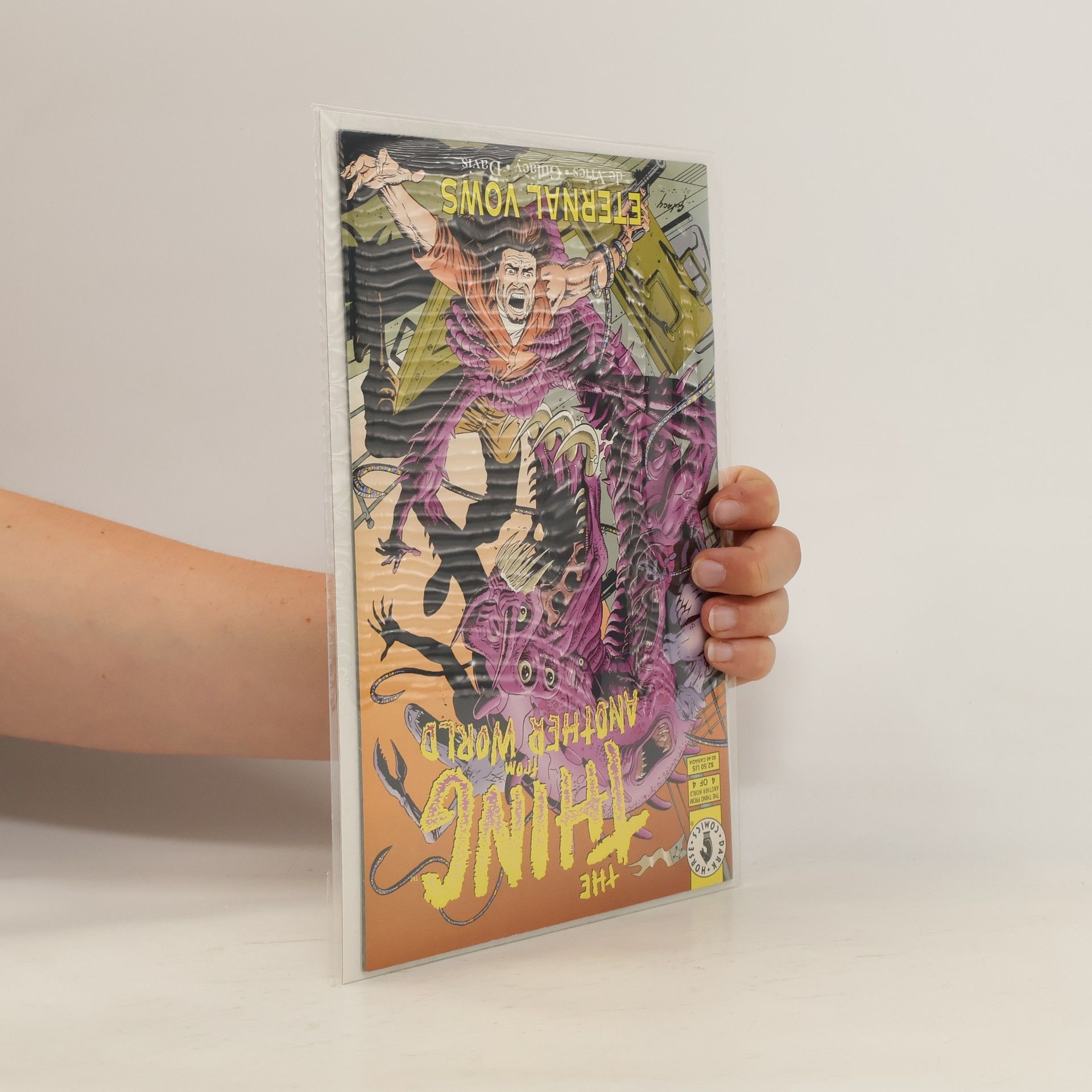The Thing from Another World 4/1994
Eternal Vows
David De Vries, professeur associé à l'Université de Tel Aviv, est un historien social spécialisé dans l'histoire moderne du travail et des affaires en Palestine et en Israël. Ses recherches explorent le développement complexe du tissu économique et social de la région, en examinant particulièrement les forces qui ont façonné ses mouvements ouvriers et son paysage entrepreneurial. Il étudie actuellement l'histoire des grèves en Israël et examine de nouvelles perspectives sur l'histoire des affaires au Moyen-Orient moderne, offrant aux lecteurs un aperçu des aspects critiques du passé de la région.


Eternal Vows
The mining of diamonds, their trading mechanisms, their financial institutions, and, not least, their cultural expressions as luxury items have engaged the work of historians, economists, social scientists, and international relations experts. Based on previously unexamined historical documents found in archives in Belgium, England, Israel, the Netherlands, and the United States, this book is the first in English to tell the story of the formation of one of the world's main strongholds of diamond production and trade in Palestine during the 1930s and 1940s. The history of the diamond-cutting industry, characterized by a long-standing Jewish presence, is discussed as a social history embedded in the international political economy of its times; the genesis of the industry in Palestine is placed on a broad continuum within the geographic and economic dislocations of Dutch, Belgian, and German diamond-cutting centers. In providing a micro-historical and interdisciplinary perspective, the story of the diamond industry in Mandate Palestine proposes a more nuanced picture of the uncritical approach to the strict boundaries of ethnic-based occupational communities. This book unravels the Middle-eastern pattern of state intervention in the empowerment of private capital and recasts this craft culture's inseparability from international politics during a period of war and transformation of empire.